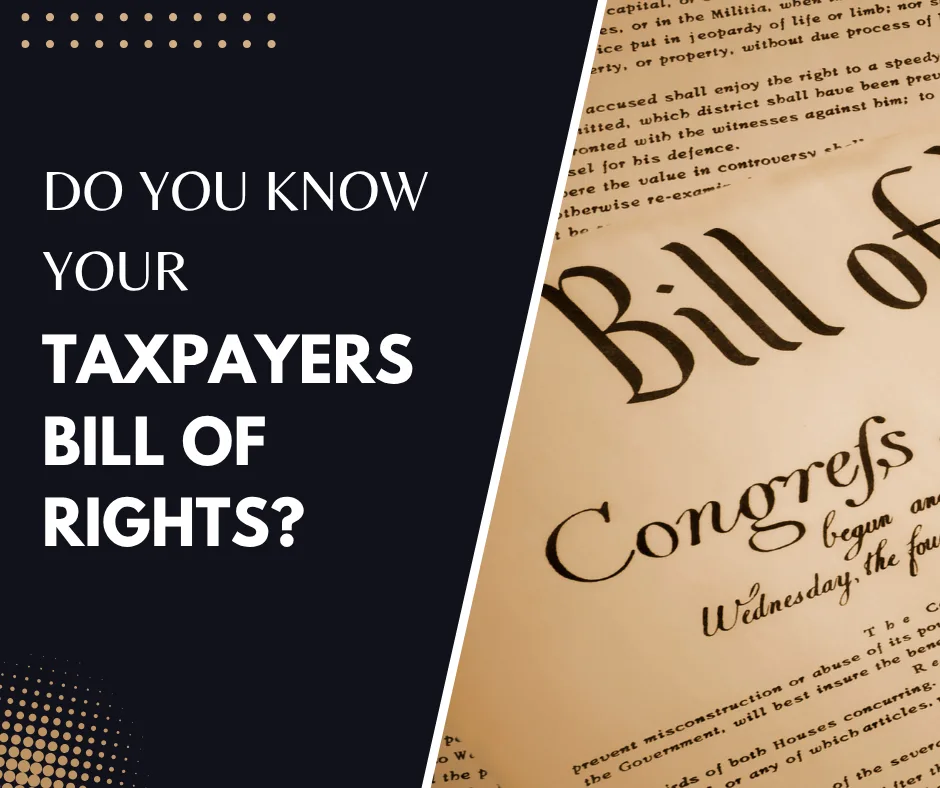What Every Taxpayer Should Know About Deadlines, Audits, and Resolution. Every taxpayer has a set of fundamental rights when dealing with the Internal Revenue Service (IRS).
One of the most important—but often overlooked—is the Right to Finality.
This right ensures that your tax matters don’t remain unresolved indefinitely. Knowing how long the IRS has to act—and how long you have to respond—can bring much-needed clarity and peace of mind to an otherwise stressful process.
What Is the Right to Finality?
The Right to Finality means you have the right to:
-
Know how long you have to challenge an IRS decision.
-
Understand the IRS’s timeframe to audit your tax return or collect any outstanding tax debt.
-
Be informed when an audit or case is officially closed by the IRS.
Understanding these time limits can help you take timely action and avoid unnecessary penalties or confusion.
Key IRS Deadlines You Should Know
1. Audit Deadline
In most situations, the IRS has three years from the date you file your return to assess any additional tax. This window may be extended if your return is substantially understated or if fraud is suspected.
2. Collection Deadline
After a tax has been assessed, the IRS typically has ten years to collect any unpaid amounts. This 10-year clock can only be extended if:
-
You agree to it voluntarily (e.g., as part of an installment plan), or
-
A court allows the extension.
Certain events may pause or toll the clock, such as bankruptcy proceedings or other IRS-related legal actions.
What to Expect from IRS Notices
If the IRS believes you owe additional tax, they will issue a Statutory Notice of Deficiency. This is a formal letter stating the amount they believe is due and provides a deadline to file a petition with the U.S. Tax Court should you wish to dispute the findings.
Prompt attention to these notices is critical. Missing the petition deadline can limit your legal options.
The One Audit Rule
Generally, the IRS will not audit the same tax year more than once. However, exceptions apply in cases involving:
-
Fraud
-
Substantial errors
-
Missing tax returns
In these situations, the IRS may reopen a previously audited year.
Why Finality Matters
Understanding your right to finality empowers you to:
-
Make informed decisions about your tax filings
-
Act quickly when you receive IRS correspondence
-
Avoid the stress of prolonged tax uncertainty
At Rae’s Accounting, we believe that staying informed is one of the best ways to protect your financial health. If you’ve received a notice, are under audit, or want to better understand your rights, we’re here to guide you every step of the way.
Have questions about IRS timelines, audit notices, or your taxpayer rights?
Let’s talk. Your peace of mind starts with clarity. Book your appointment today

